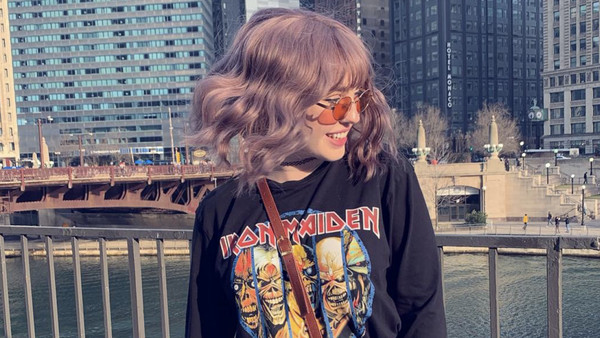According to Duke standards, I don’t have a social life.
I don’t go to Shooters.
I don’t go to parties.
I don’t drink on campus.
I don’t participate in a hook up culture.
I admit: I am as stale and depraved of the “work hard, play hard” lifestyle. Living on East Campus, surrounded by first year students, for three years has framed this formulation for me. Having a social life, for most, means being the life of the party. It entails going out on Wednesdays, Thursdays, sometimes Fridays, and definitely one day during the weekend. It almost always is associated with drinking. And for many individuals, being the life of the party, making the most of your social experience, is qualified by the quality and/or quantity of romantic encounters you can accrue.
A “Duke social life” evades me for a few reasons. Primarily, and most importantly, I chose to avoid it.
I don’t want my social life to consist of nights spent dancing in a sweaty, touchy-feeling horde and I’m not really interested in playing beer pong in a dank basement with guys whose names I don’t know. I’ve seen too many people lean on alcohol as a crutch to fit in during different social events and I want to avoid masking my own discomforts and embrace them instead. I like to connect with people not by making out with them, or flirting with them, but by actually getting to know them.
I hold nothing against drinking, dancing, or dating. In fact these things can be great, enjoyable and purposeful. But I do have a problem with an exemplification of these mores as the Duke norm.
I don’t have a “Duke social life” because I choose to have a “Duke total life.”
“Duke total life” is my own understanding of what makes me, well me. A “Duke total life” is the totality of the uniqueness that defines me as a Duke student.
My total consists of my coursework, my friendships, and my community involvement.
I want to focus on the latter of these two dimensions. Friendships are sustained through interaction. My relationships aren’t founded upon going out to parties or drinking with friends. Most of my close friendships at Duke thrive off of conversations and commonalities. Sure, we hang out together, but the real meat of the relationship is basted, cooked, and prepared under the high heat of authentic connections, as sustained by talking. This means finding space for one-on-one time. This means actively, intentionally, reaching out to individuals who I want to get to know more; and the opposite of others doing the same is equally important.
Community involvement is something that nearly every Duke student chunks onto their resume. But to be involved in a community, for me, requires a give and take of self. Community involvement requires the ability to be both selfish and selfless.
Why am I in this group? What can I give to this group?
And the equilibrium that flows from this involvement works to provide cohesion to one’s “Duke total life” by providing resources for your own self-understanding, academics, and sparking new flames for friendships.
If you don’t fit the narrative don’t fret. I don’t either. Quite frankly, disrupting the narrative is more interesting. It provides alternative ways to navigate a campus culture that prioritizes sensational, sometimes sinsational, experience.
I’m writing my own Duke experience; I’m living my own social, total life. This can be done inside or outside of a living group; but it requires a sense of independence from the structures and influences that can infiltrate our psyche and self-image without our own awareness. Some good rules of thumb might be these:
What happens to my relationships if I stop going out?
Do I still have sustainable friendships?
What if I chose not to drink?
What if I told him or her that I won’t have sex?
If you live a “Duke social life” don’t forget to also sustain and feed your “Duke total life.” They can work hand in hand; they can live side by side. For me, I don’t seek to combine these narratives because they won’t add up for my lifestyle; I don’t have the resources – the time or the money or the friend capital or the suave or the interest. Otherwise, the story might be different. But for now, I’ll keep writing the narrative I chose, and that I know best.





















